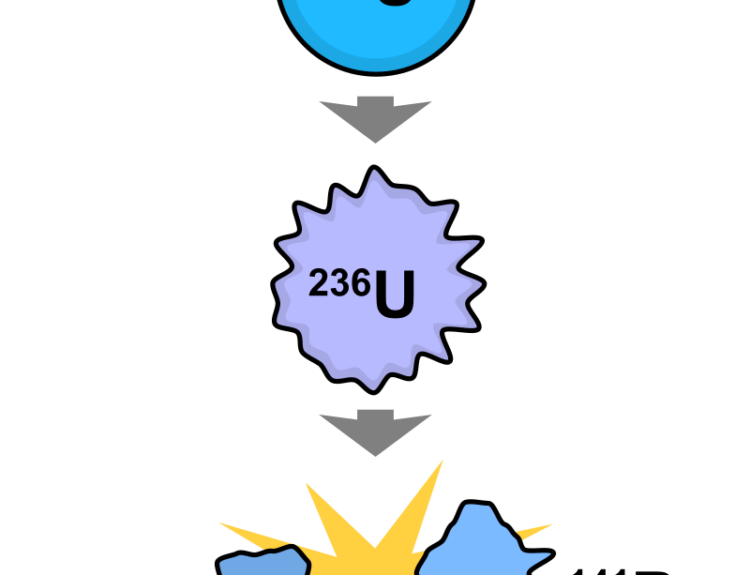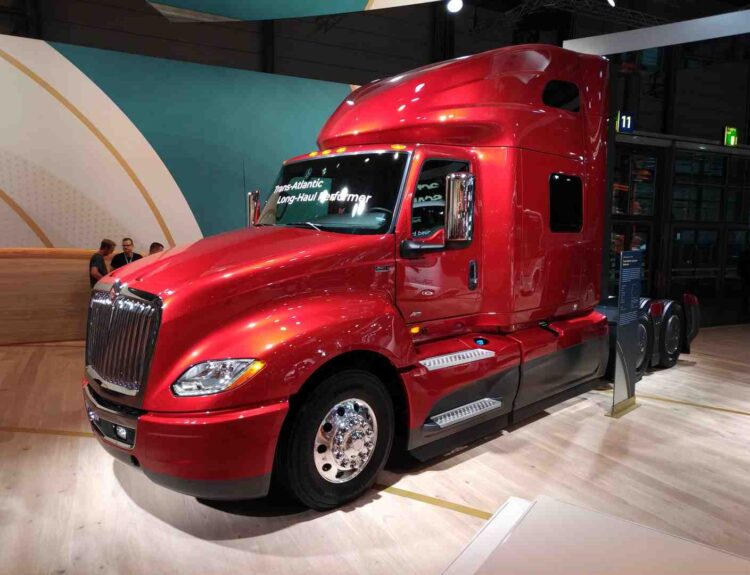Learn how to make the most of tax incentives for solar panels and electric vehicles
- Consider waiting until next year to purchase the Tesla to maximize tax credits
- The tax credit for the solar installation will be applied first, reducing the tax bill to $0
- The EV tax credit will become irrelevant if the solar credit is applied first
- Unused money from the EV tax credit cannot be applied to future tax years
- Start with big-ticket items like home energy audits and insulation before applying EV tax credits
- The sequence of applying tax credits matters
- If tax liability is already reduced to $0, the EV credit may be for naught
- Consider waiting until 2024 to purchase the Tesla and apply the credit towards future tax liability
- Next year, it will be easier to use the $7,500 tax credit for EVs
- Certain Teslas may not qualify for the full tax credit starting next year
If you’re considering buying a Tesla and want to take advantage of tax credits, it may be worth waiting until next year. The tax credit for solar panel installations will be applied first, reducing your tax bill to $0. This means that if you purchase the Tesla before the end of the year, the EV tax credit will become irrelevant. Additionally, unused money from the EV tax credit cannot be applied to future tax years. It’s important to start with big-ticket items like home energy audits and insulation before applying EV tax credits. The sequence of applying tax credits matters, as the solar credit will snuff out any remaining tax bill before the EV credit is applied. If your tax liability is already reduced to $0, the EV credit may be for naught. Consider waiting until 2024 to purchase the Tesla and apply the credit towards future tax liability. Next year, it will be easier to use the $7,500 tax credit for EVs, as the tax savings can be applied at the point of sale. However, certain Teslas may not qualify for the full tax credit starting next year due to government requirements for sourcing battery parts. So, if you’re primarily motivated by tax incentives, it’s best to tap the brakes for now and plan accordingly.
Public Companies: Tesla (TSLA)
Private Companies:
Key People: Tom O’Saben (Director, Tax Content and Government Relations at the National Association of Tax Professionals)
Factuality Level: 7
Justification: The article provides information about tax credits for solar installations and electric vehicles. It includes quotes from a tax professional and explains the sequence in which the credits should be applied. However, it does not provide any sources or references to support the information presented.
Noise Level: 3
Justification: The article provides clear and concise information about the tax credits for solar installations and electric vehicles. It explains the sequence in which the credits are applied and offers advice on timing the purchase of a Tesla to maximize the benefits. The article stays on topic and does not dive into unrelated territories. However, there is some filler content at the beginning and end of the article, such as the mention of text-to-speech technology and the non-tax reasons for buying a car.
Financial Relevance: Yes
Financial Markets Impacted: The article provides information on tax credits for residential solar installations and electric vehicles, which can impact the renewable energy and automotive industries.
Presence of Extreme Event: No
Nature of Extreme Event: No
Impact Rating of the Extreme Event: No
Justification: The article discusses tax credits for residential solar installations and electric vehicles, which are relevant to financial topics. However, there is no mention of any extreme events.
 www.marketwatch.com
www.marketwatch.com 





